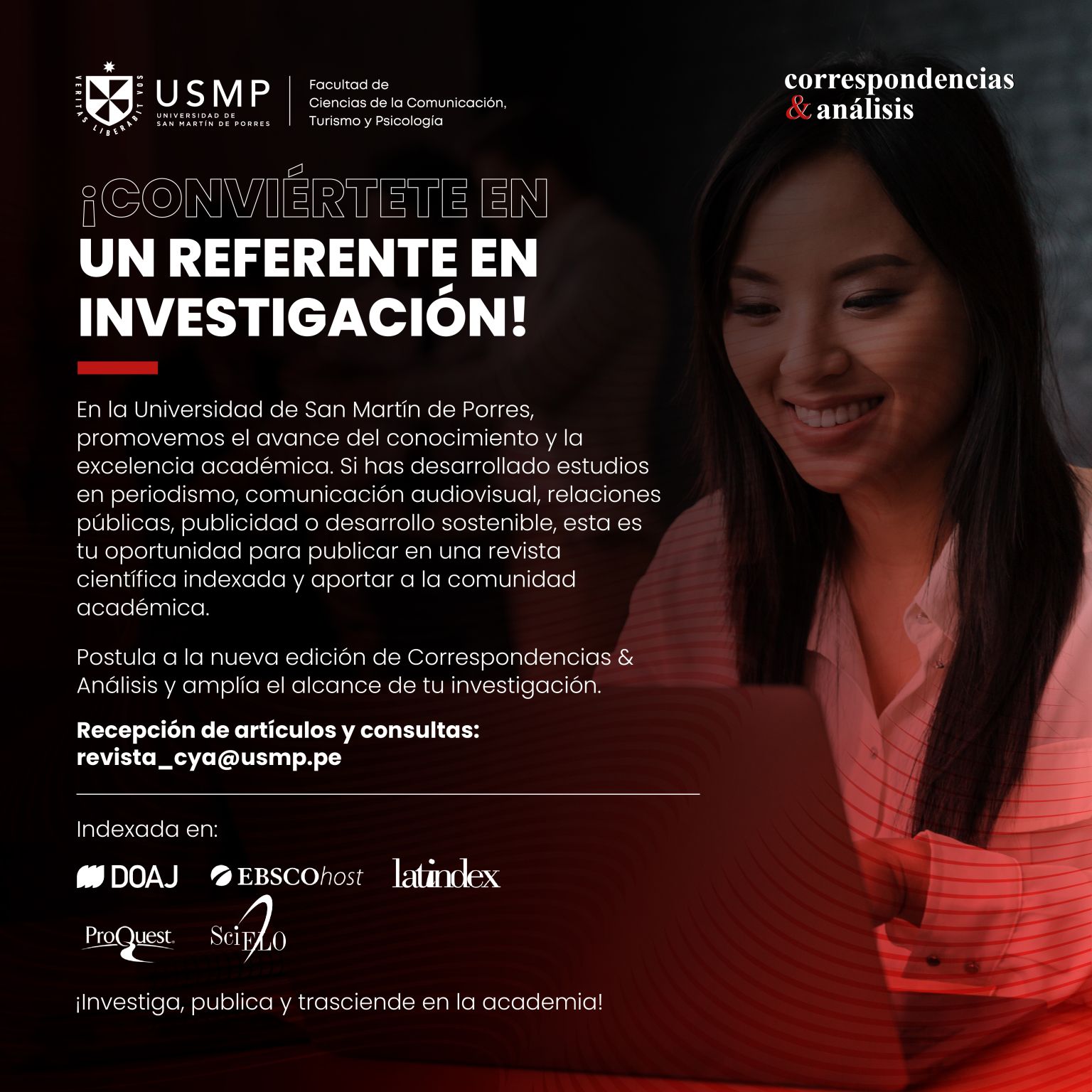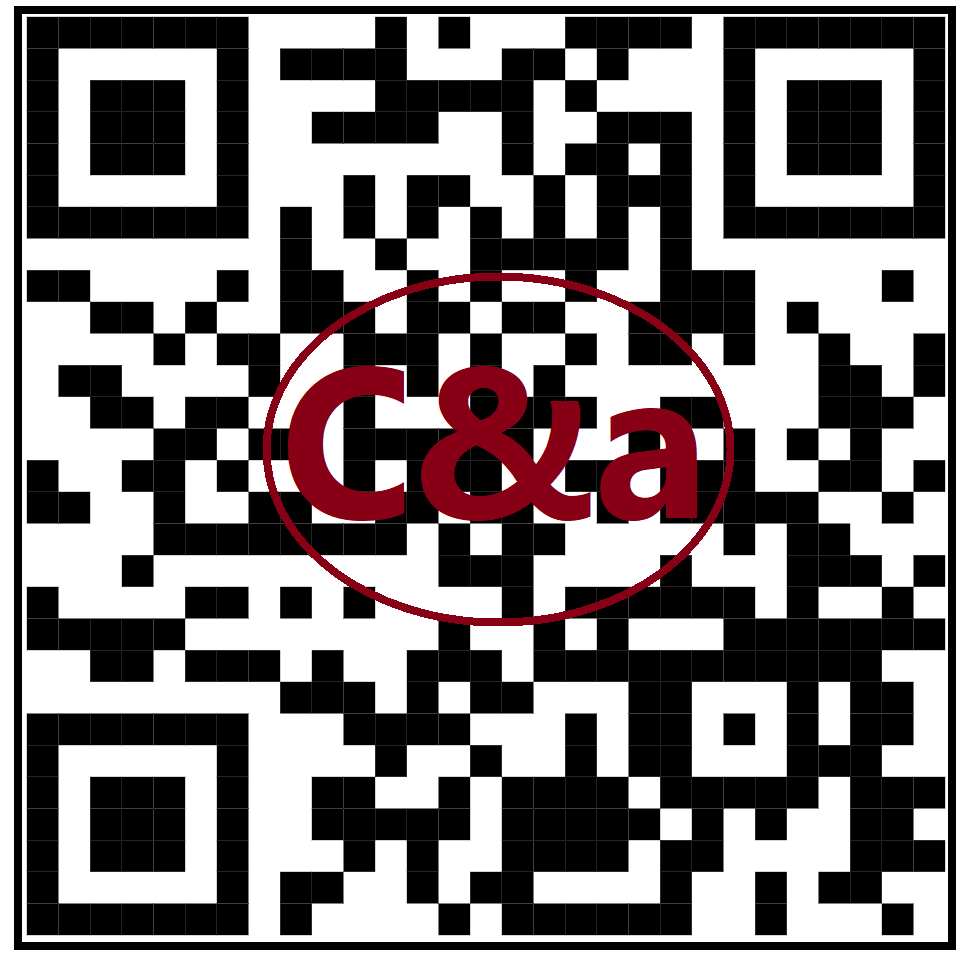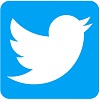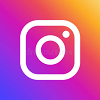Consumption and usage of information by chilean journalism students: The triumph of social media and preeminence of television in hedonistic and lightness consumption age
DOI:
https://doi.org/10.24265/cian.2021.n14.03Keywords:
Information, Journalism, Mass media, Journalism formation, Virtual public space, Actuality consumption and use,, Social construction of realityAbstract
The training of future journalists encourages knowledge and deepening of current affairs, for the construction of their speeches and contextualization of their media reality. Currently, new generations prefer digital platforms that become in a natural space to carry out activities. Therefore, it is important to understand which type of information they are consuming, which media is prefered to get information, how they are using and sharing it, and for what purposes, since these learners are the ones who, in the future, will act as builders of the media discourse. The objective of this research is to study the consumption and usage of current news of young journalism students from the Valparaíso Region in Chile. The study is quantitative in nature and the data collection is cross-sectional, carried out between August 2018
and April 2019. The technique to collect the information is the survey. The universities selected for the study are Universidad Viña del Mar (UVM), Pontificia Universidad Católica de Valparaíso (PUCV) y Universidad Adolfo Ibáñez (UAI); all located in Región de Valparaíso, Chile.
Metrics
Downloads
References
Aguaded, I. y Romero, L. (2015). Mediamorfosis y desinformación en la infoesfera:
Alfabetización mediática, digital e informacional ante los cambios de hábitos de consumo informativo. Education in the Knowledge Society, 16(1), 44-57. https://doi.org/10.14201/eks20151614457
Angenot, M. (2010). El discurso social. Los límites históricos de lo pensable y lo decible. Siglo XXI.
Azócar, A. (2010). Presentación del Primer Estudio Nacional sobre Lectoría de Medios. http://repositorio.conicyt.cl/bitstream/handle/10533/76134/Presentacion.pdf?sequence=6&isAllowed=y
Baudrillard, J. (2009). La sociedad de consumo. Sus mitos, sus estructuras. Siglo XXI.
Bauman, Z. (2007). Vida de consumo. Fondo de la Cultura Económica.
Bell, D. (1994). Las contradicciones culturales del capitalismo. Alianza Editorial.
Berger, P. y Luckmann, T. (2003). La construcción social de la realidad. Amorrortu.
Berríos, Ll. y Buxarrais, M. R. (2015). Educación para el consumo: Aproximación empírica a los hábitos de consumo del alumnado de secundaria. Revista Actualidades Investigativas en Educación, 15(1), 1-24. doi: 10.15517/AIE.V15I1.16969
Catalina-García, B., García, A. y Montes, M. (2015). Jóvenes y consumo de noticias a través de internet y los medios sociales. Historia y Comunicación Social, 20(2), 601-619. https://doi.org/10.5209/rev_HICS.2015.v20.n2.51402
Charaudeau, P. (2003). El discurso de la información. La construcción del espejo social. Editorial Gedisa.
Cortés, R. (2015). Uso y consumo de redes sociales virtuales entre estudiantes universitarios. Un acercamiento a los hábitos multitarea. Revista Iberoamericana de Producción Académica y Gestión Educativa, 2(3), 1-16.
Espinoza, C. (2015, 25 de abril). El país más sísmico del mundo. La Tercera. https://www.latercera.com/noticia/el-pais-mas-sismico-del-mundo/
Featherstone, M. (1991). Cultura de consumo y posmodernismo. Amorrortu.
Fichter, J. (1994). Sociología. Herder.
Flores, J. M. (2016). El periodismo como disciplina para el conocimiento y el valor academicista para una profesión de calidad. Prisma Social, 12, 506-543.
Galimberti, U. (2002). Diccionario de Psicología. Siglo XXI.
García, A., Tur-Viñes, V. y Pastor, Y. (2018). Consumo mediático de adolescentes y jóvenes. Noticias, contenidos audiovisuales y medición de audiencias. Revista de comunicación y tecnologías emergentes, 16(1), 22-46. https://doi.org/10.7195/ri14.v16i1.1101
Habermas, J. (1993). El discurso filosófico de la modernidad. Taurus Ediciones.
Han, B.-Ch. (2017). La expulsión de lo distinto. Herder. Jacobs media strategies. (2020). Techsurvey 2020. Facing Radio’s Biggest Challenge. https://jacobsmedia.com/techsurvey-2020-results/
Lipovetsky, G. (2016). De la ligereza. Anagrama.
Lipovetsky, G. (2018). La era del vacío. Anagrama.
Lyotard, J. F. (1991). La condición postmoderna. Informe sobre el saber. Ediciones Cátedra.
Mellado, C., Sherman, A., Aguilar, M., Castillo, A. M., Espinoza, F., Hasbún, J. L., Hormazábal, C., Labrador, M. J., Lagos, C., López-Hermida, A. O., Ortún, J. F., Parra, E. y Vera, C. (2015). Estudiantes de periodismo en Chile: Percepción sobre la profesión, su futuro laboral y el desempeño de los medios. Journalism Students Project.
Ministerio de Educación Superior de Chile. (2018). Informe de matrícula en Educación Superior. mifuturo.cl. https://www.mifuturo.cl/sies/
Ministerio de Educación Superior de Chile. (2020). Bases de datos de matriculados en Educación Superior. mifuturo.cl. https://www.mifuturo.cl/bases-de-datos-de-matriculados/
Moulian, T. (1998). El consumo me consume. LOM.
Papacharissi, Z. (2019). The Virtual Sphere. The Internet as a Public Sphere. En M. Stempfhuber y E. Wagner (Eds.), Praktiken der Überwachten. Wiesbaden.
Pellegrini, S. (2017). Journal education in Chile. Navigating historically diverse views and goals. En R. Goodman & E. Steyn (Eds.), Global Journalism Education. Knight Center of Journalism in the Americas, University of Texas at Austin.
Reyes, C., Palomera, F. y Zamorano, C. (2017). Los 20 años del conflicto en La Araucanía: ¿Qué viene ahora? La Tercera. https://www.latercera.com/noticia/los-20-anos-del-conflictola-araucania-viene-ahora/
Rodrigo, M. (2005). La construcción de la noticia. Paidós.
Suárez, J. C. y Cruz, J. (2015). Cambios en los patrones de consumo entre los estudiantes de periodismo: de prosumidores mediáticos a profesionales de la información. Estudios sobre el Mensaje Periodístico, 21(1), 615-628. https://doi.org/10.5209/rev_ESMP.2015.v21.n1.49114
UNESCO. (2007). Plan modelo de estudios de periodismo. Colección de la UNESCO sobre los estudios de periodismo. https://unesdoc.unesco.org/ark:/48223/pf0000151209_spa
Yuste, B. (2015). Las nuevas formas de consumir información de los jóvenes. Revista de estudios de juventud, 108, 179-191.
Downloads
Published
Issue
Section
Categories
License
Copyright (c) 2021 Daniel Avendaño Caneo, César Solís Asenjo, Rolando Tiemann Hernández, Magaly Varas Alarcón

This work is licensed under a Creative Commons Attribution 4.0 International License.
In case the manuscript is approved, the authors retain the copyright and assign to the journal the right to publish, edit, reproduce, distribute, display and communicate in the country of origin and abroad by means of print and electronic media in different databases.
In order for this procedure to be recorded, the author must fill out the following formats:
Format 1 - Author data Format.
Format 2 - Affidavit on originality and authorization for the publication of articles Format.
Format 3 - Open Science Compliance.






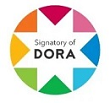
2.png)


